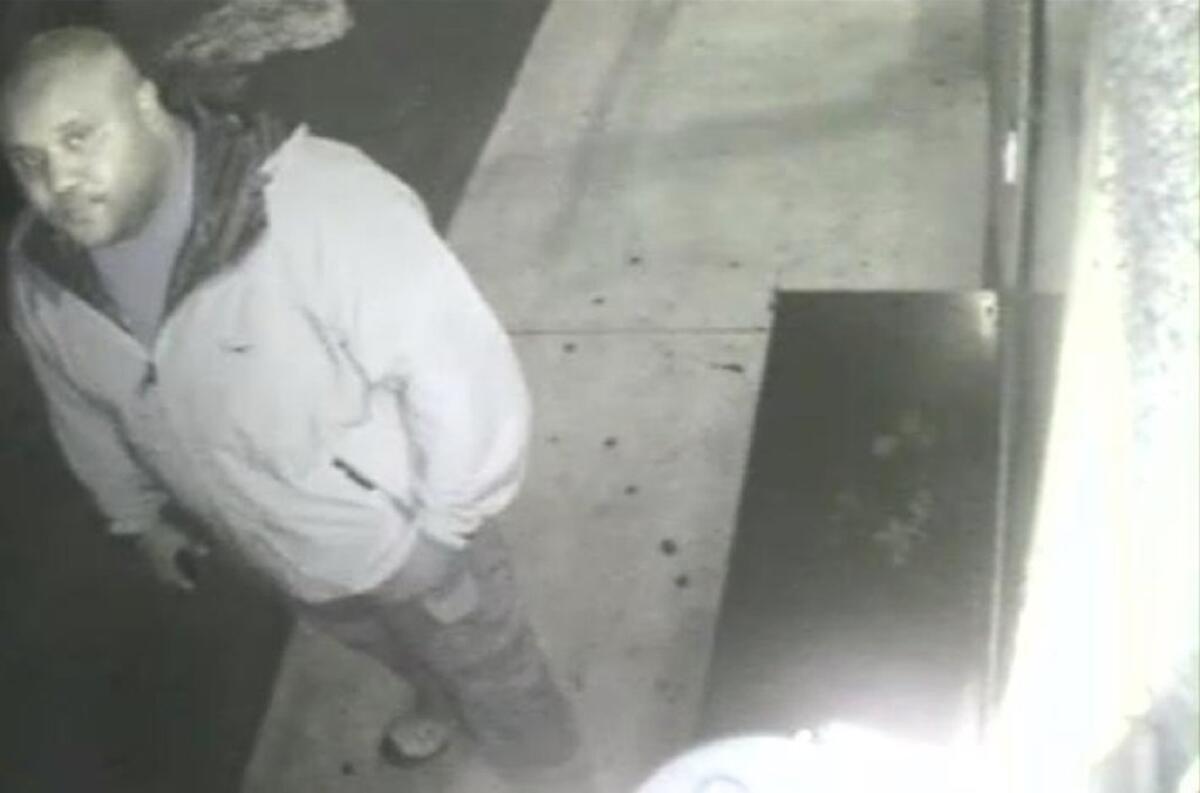Dorner manhunt: Can snow hinder tracking dogs in Big Bear?

- Share via
Authorities continue to search the Big Bear mountains for Christopher Dorner, using tracking dogs to aid in the manhunt. But with fresh snow falling, how effective are those canine detectives?
Officials say the former Los Angeles police officer, accused of shooting three Riverside police officers, killing one of them, and killing a young Irvine couple, appeared to have published a manifesto online indicating a long-standing grudge against the LAPD. His torched truck was found in the area with footprints leading away.
Snow can be an advantage for this type of tracking: It’s easy to see the prints they leave, San Bernardino County Sheriff John McMahon said in a press conference this afternoon.
Dogs also have a remarkable sense of smell. Some have more than 200 million olfactory receptors to pick up faint scents, compared to humans’ measly 5 million or so. Studies have shown that dogs can even sniff out cancer in humans.
In following the scent of a trail, however, snow can be a double-edged sword.
Colder environments have fewer smells than warmer ones, making them olfactorily less “noisy” for a dog’s sensitive nose to pick out the right scent.
“The low level of available scent is difficult for the dog to detect. However, this is mitigated by the otherwise sterile environment so the dog will not have as many or as strong of scents from which to sort the proper odor,” according to a document compiled by Seattle officers and posted by the U.S. Police Canine Assn.
And hot weather can cause scents to dissipate, while the cold can hold them in for longer, allowing search dogs to pick them up, according to the United Kingdom’s Assn. of Chief Police Officers.
But fresh snow might be another matter -- if it falls after the tracks have been laid, it can obscure them.
“Frost and snow may have the effect either of preserving or destroying a scent, depending on whether this occurs before or after the scent has been laid,” according to the association’s 2011 manual on police dogs.
For now, authorities have said the snow is an advantage.
“The snow on the ground does give us a pretty good idea of where the tracks are going,” McMahon said in a press conference Thursday. “And it doesn’t affect the dogs, at least not at this point.”
Follow me on Twitter @aminawrite.





